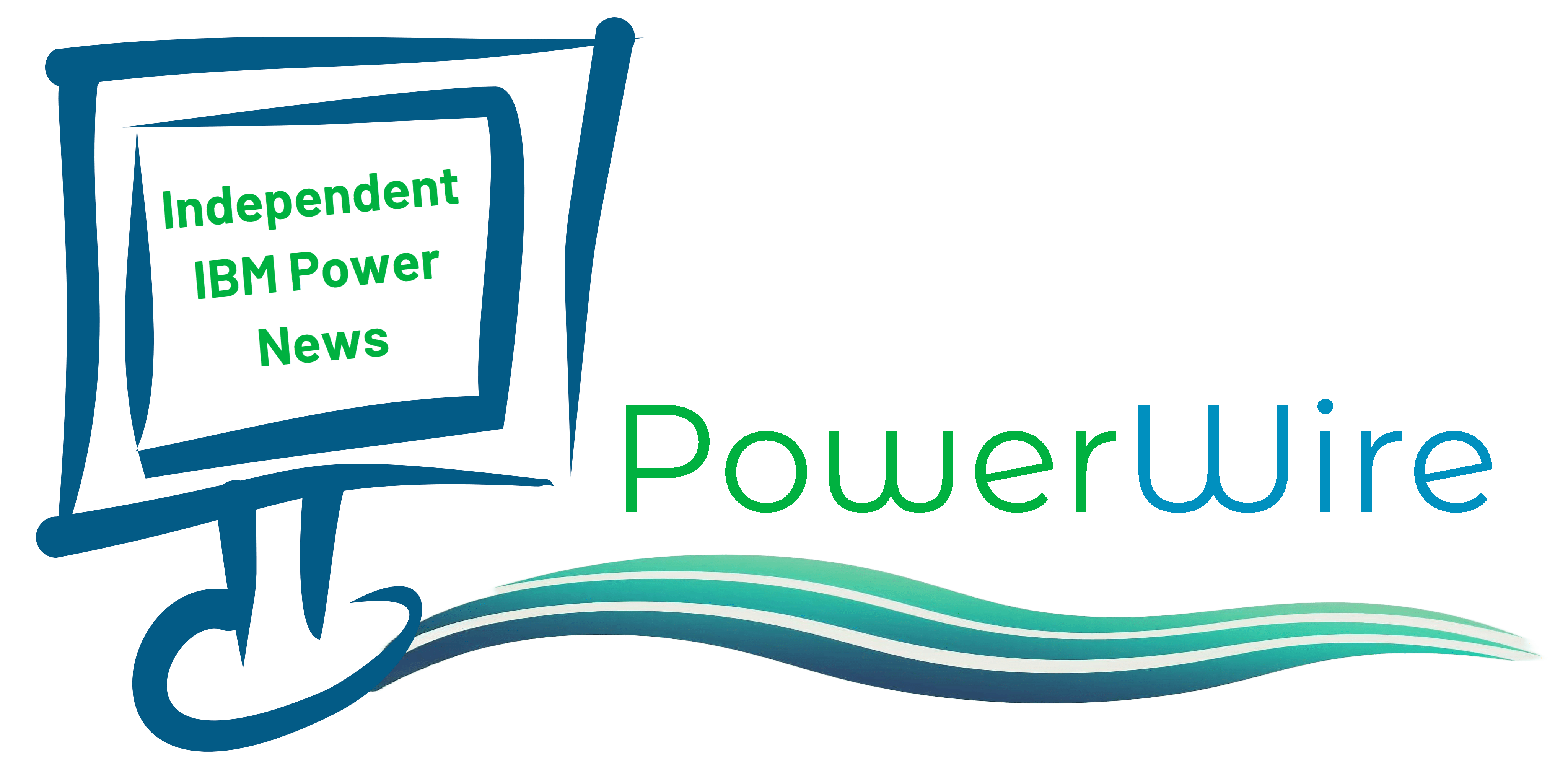Dutch i-based manufacturer Nedschroef has transformed its paper trail with some nifty gadgetry from IBM.
The Helmond-headquartered group is Europe’s biggest supplier of automotive fasteners. It employs 1,500 people across 24 sites in 14 countries and generates over €500 million in revenues per year. The company receives around 200,000 invoices and delivery notes (the equivalent of 600,000 pages) annually at six manufacturing sites alone.
According to a new IBM report, Nedschroef runs an (unspecified) Infor ERP app on Power i 720 servers. It needed a faster, cheaper way to process inbound documents and match them to corresponding purchase orders that would work across the company.
Ralf Weber, finance and control manager at Nedschroef’s Plettenberg plant in Germany, says: “To enhance staff efficiency, we wanted to store all sales documents such as delivery notes, packing slips, invoice and freight bills relating to a certain transaction together to speed up searches.”
The company turned to IBM i and Infor specialist DAConsulting (DAC), based in Darmstadt, Germany, which recommended the use of IBM’s Datacap Taskmaster Capture and Content Manager OnDemand solutions.
All inbound paper documents, including invoices and delivery notes, are now scanned upon arrival at the firm. With IBM Datacap Taskmaster Capture, the paper records become electronic files with data like the supplier’s name, invoice number and invoice total captured automatically.
Nedschroef uses IBM Content Manager OnDemand to capture, store and retrieve documents via a Content Navigator web client. The IBM solutions were integrated with DAC’s own Business Process Automation application which handles the whole process from scanning inbound documents through to transferring validated invoice data into Nedschroef’s ERP and finance systems.
With DAC’s system, each order is approved via a formal request process. Requests are complemented by a justification (such as offers, spreadsheets or ROI calculations) so they can be evaluated for approval or rejection under a four-eyes principle.
Daniel Proietti, head of procurement at Nedschroef’s Fraulautern plant in Germany, says: “The main advantage is controlling the intended expenses based on budget before they are ordered and invoiced. This is real cost avoidance rather than cost-cutting.”
After pilot projects in Fraulautern and Plettenberg, Nedschroef has rolled out its new solution to sites in France and Spain. It is currently working on implementations across the rest of its global estate.


